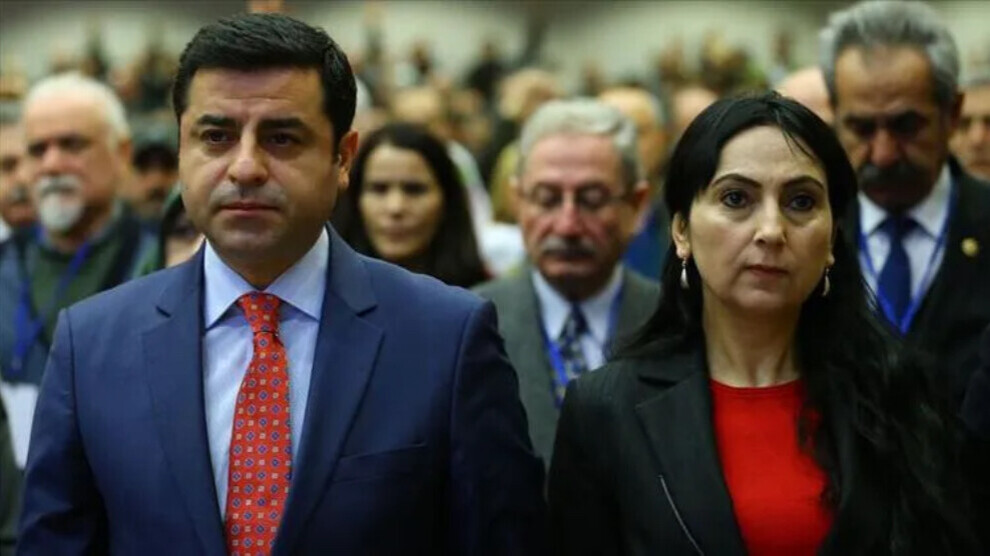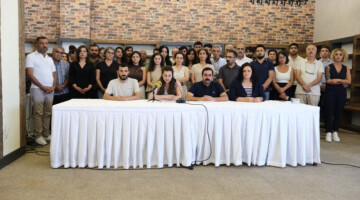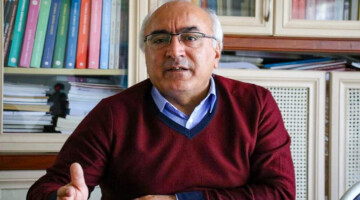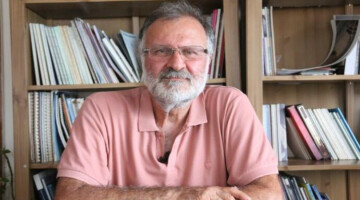In today’s Chamber judgment in the case of Selahattin Demirtaş and Figen Yüksekdağ, former co-chairs of the Peoples’ Democratic Party, the European Court of Human Rights (ECHR) held, by a majority that there had been a violation of Article 5 § 4 (right to a speedy review of the lawfulness of detention) of the European Convention on Human Rights.
The former co-chairs of the HDP, both of whom have been jailed since November 2016, complained in their application with the ECHR that they had not had effective legal assistance in order to appeal against their pre-trial detention, on account of the prison authorities’ surveillance of their meetings with their lawyers and the seizure of the documents exchanged with them. The measures in question were ordered by the Turkish courts for a three-month period under Emergency Legislative Decree No. 676, which was enacted following the attempted coup of 15 July 2016.
The Court found, in particular, that the domestic courts had not demonstrated the existence of exceptional circumstances that could justify derogating from the core principle of the confidentiality of the applicants’ meetings with their lawyers, and that the breach of lawyer-client privilege had deprived the applicants of effective assistance from their lawyers for the purposes of Article 5 § 4 of the Convention. It also observed that the restrictions in issue had not been accompanied by adequate and effective safeguards against abuse. Lastly, the Court found that the national authorities had not adduced any detailed evidence capable of justifying the imposition of the measures in question on the applicants under Emergency Legislative Decree No. 676.
On 22 December 2020 and 8 November 2022, the Court delivered judgments in which it held, among other findings, that the applicants’ pre-trial detention had been contrary to Articles 5 (right to liberty and security), 10 (freedom of expression) and 18 (limitation on use of restrictions on rights) of the Convention, and to Article 3 of Protocol No. 1 (right to free elections).
On 15 November 2016, in the context of the applicants’ detention and at the request of the Diyarbakır public prosecutor, the Diyarbakır 4th Magistrate’s Court ordered the following measures under Emergency Legislative Decree No. 676: audio and video recording of the applicants’ meetings with their lawyers; presence of an official during the meetings; and seizure of all the documents exchanged between the applicants and their lawyers.
The applicants appealed unsuccessfully against the orders, arguing that the judge had ordered the restrictions in question in an unlawful and arbitrary manner. On 2 and 3 January 2017, they lodged individual applications with the Constitutional Court alleging a violation of their right to liberty and security and their right to a fair trial. The Constitutional Court found no violation of the applicants’ right to liberty and security, ruling that the measures in question were to be considered proportionate during the state of emergency. It declared the complaint concerning the right to a fair trial inadmissible.
According to ECHR, it was apparent from the reasoning of the decisions given by the Diyarbakır 4th Magistrate’s Court that the requirement for “information, findings or documents” to have been obtained had not been satisfied. Moreover, the decisions in question had been couched in stereotypical language and had not complied with the requirements laid down by domestic law.
Furthermore, the Constitutional Court had not carried out an adequate assessment on this point or an individualised examination of the applicants’ situation. It had also observed that the applicants had been found guilty of a terrorism-related offence, although at the material time, on 15 November 2016, the applicants had not been found guilty of any offence. In this context, the Court emphasised that it had found in its previous judgments concerning the applicants that there were no facts or information capable of satisfying an objective observer that they had committed the alleged offences, and that none of the decisions on the applicants’ pre-trial detention contained evidence that could indicate a clear link between their actions and the terrorism-related offences for which they had been detained.
Lastly, the Court observed that if a detained person was unable to have confidential meetings with his or her lawyer, it was highly likely that he or she would not feel free to talk to the lawyer. The legal assistance provided by the latter was thus liable to lose its usefulness in practice.
The Court therefore concluded that the applicants had been deprived of effective assistance from their lawyers for the purposes of Article 5 § 4 of the Convention.
The Court held that Turkey was to pay the applicants 5,500 euros (EUR) each in respect of non-pecuniary damage and EUR 2,500 jointly in respect of costs and expenses.















